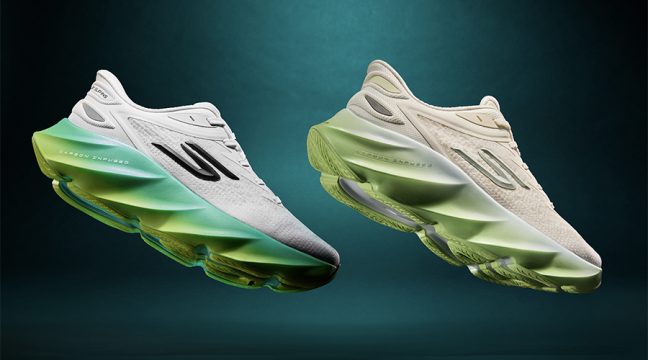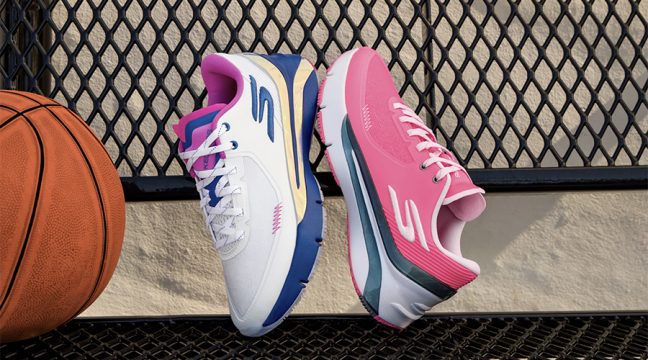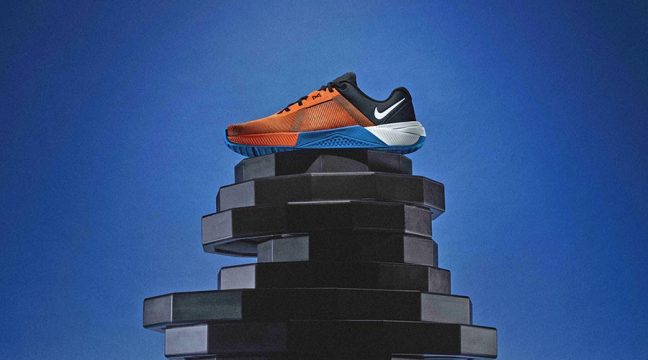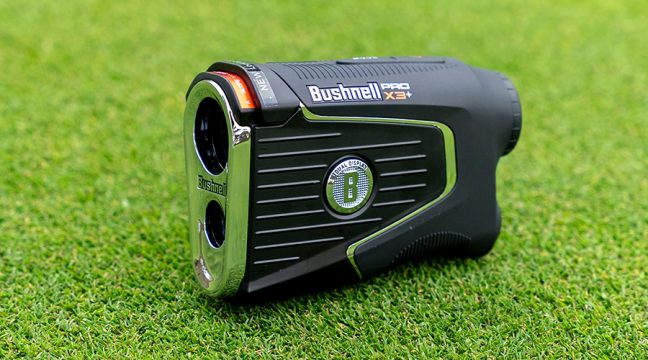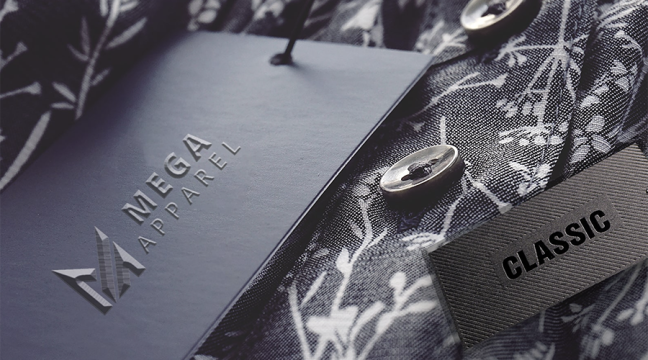Designer Brands, the parent of DSW, reported sales were down 7.5 percent in the fourth quarter due to a pressured consumer and a highly promotional footwear environment, particularly in athletic. However, Doug Howe, president, DSW and incoming CEO, was confident that the company’s recent acquisitions of Keds, Le Tigre and Topo Athletic will help the company be a force in the athletic category.
“In recent months, we have made three exciting acquisitions, Le Tigre, Topo Athletic, and Keds,” said Howe, who replaces Roger Rawlins as CEO on April 1. He said the acquisitions support Designer Brand’s goal of becoming “a leading brand builder” and “get us even closer” to its goal of having its owned brands represent one-third of total sales by 2026.
“This is notable for two reasons,” said Howe, who began leading DSW last year and was previously head merchant at Kohl’s. “First, it demonstrates our ability to make material progress on our strategy. Twelve months ago, we had no athletic or athleisure product represented in our own portfolio, and now we own brands across all major price points for our customers to shop. And secondly, it highlights the importance of our national brand partners to our own brand strategy.”
Rawlins discussed Designer Brands’ transition into a “multinational, brand-building enterprise” that began in 2016 as the company felt a significant shift was necessary with many footwear brands starting to sell direct-to-consumer.
“We described it as a piece of ice sitting out in 35-degree weather,” said Rawlins. “Some retailers were glaciers that would take years to melt away, but others were going to disappear quickly as we predicted that brands would aggressively take their products direct to consumer through the websites they operate in the stores they were opening, competing directly with the retailers that spent years and billions of dollars supporting them and growing their brands. As a result of this challenge, we felt it was necessary to diversify our business model.”
A first focus in diversifying the model away from solely the DSW off-price footwear chain in the U.S. was expanding into Canada. He said Designer Brands’ Canadian push has been “meaningfully contributing to DBI’s bottom line while materially growing our share of the Canadian market, becoming one of the most commanding retailers in our channel.”
A second major step was the acquisition in partnership with Authentic Brands Group of Camuto Group, which included the Vince Camuto brand and footwear licenses for Jessica Simpson and Lucky Brand. Rawlins said the Camuto deal enabled Designer Brands to increase its penetration of owned brands sold through its direct-to-consumer channels to 18 percent, delivering approximately $100 million of incremental gross profit on its own sourced product and expanding its gross margin on these goods by over 1,000 basis points on average.
Finally, while through the DSW chain, Designer Brands was and is “still a dominant player in the women’s dress and seasonal categories,” the company’s diversification efforts have included investments in the athleisure category, which represented roughly half of all footwear sales across the marketplace in 2016.
Designer Brands has since grown its athleisure penetration from roughly 30 percent to over 47 percent of its assortment. Said Rawlins, “We’ve gained market share in the category through the expanded assortment of top national brands at DSW and the amazing Canadian results, our launch of Keds footwear, and the recent acquisitions of Keds, Le TIGRE, and Topo, which now sit on our owned brands portfolio.”
Rawlins said the near-term focus is to integrate its recent acquisitions, continuing to accelerate its direct-to-consumer capabilities, and build its owned brands at wholesale channels as well, but he described the athleisure footwear acquisition as a “critical piece” to its long-term growth. Said Rawlins, “With these new additions, DBI now has the ability to design and source not just fashion and seasonal footwear, but casual footwear as well, meeting even more of the needs of the consumer we service through so many of our direct-to-consumer channels.”
In the fourth quarter ended January 28, net sales decreased 7.5 percent to $760.5 million. Comps were down 5.5 percent, following a 36.9 percent comp in the fourth quarter of 2021.
Gross margins eroded to 29.2 percent as compared to 30.9 percent last year. due to increased clearance activity and a slightly higher promotional level. This year-over-year change marked sequential improvement over the prior quarter. Gross margins also up 440 basis points compared to the fourth quarter of 2019.
Howe noted that Designer Brands had warned of a promotional environment on its third-quarter analyst call.
“In the fourth quarter, the footwear industry was highly promotional, specifically in athletic, to combat over-inventory positions and a constrained consumer. In considering the variables we could control, we elected to be less promotional in athletic,” said Howe. “We had positioned ourselves well with proactive actions earlier in the year to manage our inventory levels, and we were supported by the continued resurgence of our clearance business. We made this decision with an eye toward protecting our dress and seasonal market share during a critically important season. As such, we chose to implement select thoughtful promotions in our seasonal business, specifically on ready-to-wear product like boots in the quarter. Our customer has clearly shown us that they are looking for value at this point in time, and we saw outperformance of our clearance business.
In the quarter at DSW, clearance sales were up 2 percent, while regular price selling was down 10 percent.
Reported net income attributable to Designer Brands was $45.1 million, or 66 cents a share, including net benefits of 59 cents a share from adjusted items, primarily related to the change in the valuation allowance on deferred tax assets, partially offset by restructuring and termination costs and CEO transition costs.
Adjusted net income was $4.7 million, or 7 cents a share, down 60.2 percent from $11.7 million, or 15 cents, a year ago.
For the year, net sales increased 3.7 percent to $3.3 billion. Comparable sales increased by 4.4 percent. Adjusted net income was $133.7 million, or $1.85, up from $14.4 million, or 19 cents a share.
Designer Brands had guided adjusted EPS in the year in the range of $1.75 – $1.80. The company guidance same-store sales up mid-single- digits.
For 2023, guidance calls for sales growth, excluding Keds, to be down mid-single-digits. EPS, excluding Keds, is expected in the range of $1.65 to $1.75.
“As other companies across our space have been sharing, we are continuing to see a consumer under pressure as we enter the new year,” said Howe. “Between current inflation levels and a looming recession, customers are spending less and purchasing discounted product more. Ultimately, we are continuing to be thoughtful about how we are playing in the promotional space while carefully balancing inventory investments, putting us in a position to chase into any opportunities we see in real-time. Importantly, our owned and national brand strategy continues to be our priority.”


